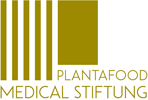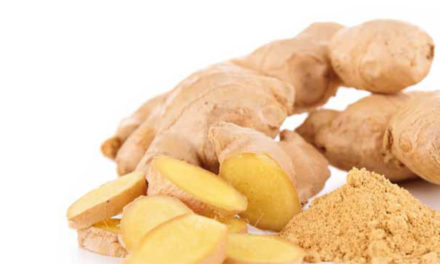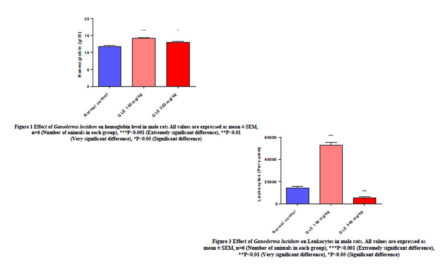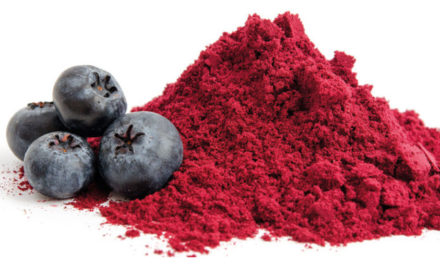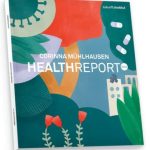Choline-related-inherited metabolic diseases—A mini review
Saskia B. Wortmann1,2,3 | Johannes A. Mayr1
1University Childrens Hospital, Paracelsus Medical University (PMU) Salzburg, Salzburg, Austria
2Institute of Human Genetics, Technische Universität München, Munich, Germany
3Institute of Human Genetics, Helmholtz Zentrum München, Munich, Germany
Abstract:
In humans, the important water soluble, vitamin-like nutrient choline, is taken up with the diet or recycled in the liver. Deficiencies of choline have only been reported in experimental situations or total parenteral nutrition. Currently, no recommended dietary allowances are published; only an adequate daily intake is defined. Choline is involved in three main physiological processes: structural integrity and lipid-derived signaling for cell membranes, cholinergic neurotransmission, and methylation. Choline is gaining increasing public attention due to studies reporting a relation of low choline levels to subclinical organ dysfunction (nonalcoholic fatty liver or muscle damage), stunting, and neural tube defects. Furthermore, positive effects on memory and a lowering of cardiovascular risks and inflammatory markers have been proposed. On the other hand, dietary choline has been associated with increased atherosclerosis in mice. This mini review will provide a summary of the biochemical pathways, in which choline is involved and their respective inborn errors of metabolism (caused by mutations in SLC5A7, CHAT, SLC44A1, CHKB, PCYT1A, CEPT1, CAD; DHODH, UMPS, FMO3, DMGDH, and GNMT). The broad phenotypic spectrum ranging from malodor, intellectual disability, to epilepsy, anemia, or congenital myasthenic syndrome is presented, highlighting the central role of choline within human metabolism.
Keywords
choline, epilepsy, fish odor disease, hereditary spastic paraparesis, uridine
